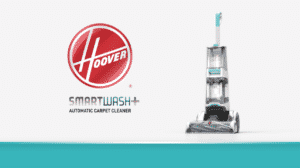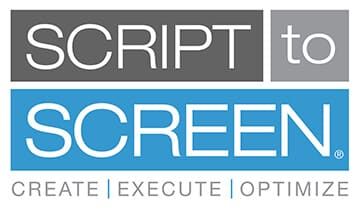What You Need to Know About Direct-to-Consumer Marketing
Going Direct-to-Consumer
Direct-to-Consumer (or “D2C”), has become one of the most important forms of sales to get goods and services into the hands of the public. Direct-to-Consumer is the method of selling a product or service with virtually no middlemen between the consumer and the marketer, potentially eliminating extra markups and middlemen like retailers. While successful Direct-to-Consumer marketing has been around a long time — think a baker selling bread directly to a customer – the internet has allowed advances in communication and supply chain management to improve efficiencies and margins for marketers. Technology is transforming this process in both online and offline e-commerce platforms.
A Direct-to-Consumer business plan generally involves building a microsite if sales are through the web or brick and mortar store outlets for some brands like Verizon. Sales transactions don’t require retailers or “etailers” because the marketer appeals directly to its consumers.
90% of customers would rather purchase directly from a brand
According to Nielsen, 90% of customers would rather purchase directly from a brand than from a retailer. Your customers actually want to purchase from you, you just need to show them how they can.
Giving You Control

Build a Relationship with Your Customer
The ultimate benefit to the Direct-to-Consumer model is that your customer enters into a relationship with you instead of a relationship with your retailer. When someone purchases your product at a retailer, they’re really the customer of the retailer, not you. Their point of contact is with the store. The store is the one collecting their data, finding out what their wants and needs are, who they are as people — data that is be vital to the evolution of your company. This is especially true in this era of retail shrinkage, as fewer and fewer stores continue to dominate the economic landscape.

While retail will continue to be a part of sales for companies as some consumers habits are entrenched, retailers don’t have a particular loyalty to your company. They do not care about the health of your business, beyond that your business is creating products that they can sell. If another company is creating a product that sells better for the retailer, they are going to get your shelf space.
Determined to Be Successful
Preserving margins, having a relationship with your consumers, having a say in your cashflow…. The Direct-to-Consumer model is the future of sales and quite possibly will determine how successful your company will be.

